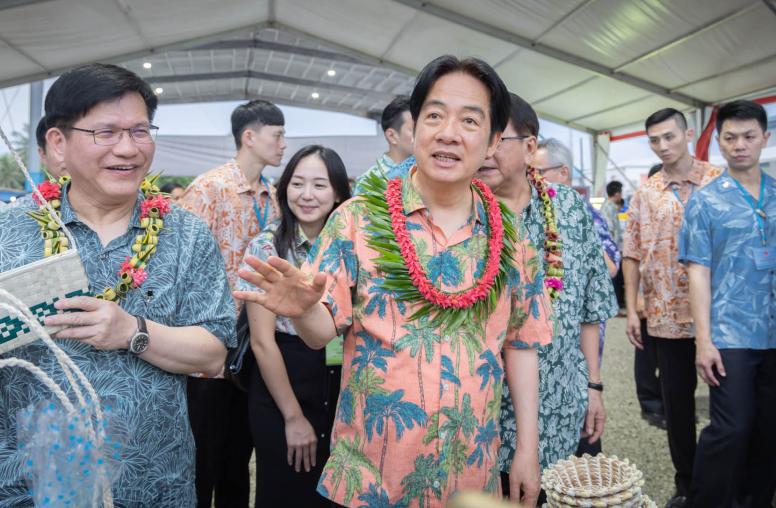Jennifer Staats, Ph.D.
Contact
Please submit all media inquiries to interviews@usip.org or call 202.429.3869.
For all other inquiries, please call 202.457.1700
Dr. Jennifer Staats is the director of East Asia and Pacific Programs at the U.S. Institute of Peace. She joined USIP in 2016 as the director of the China Program, and she continues to lead USIP’s work on China. She also oversees USIP’s programs in Northeast Asia, Southeast Asia and the Pacific Islands.
Dr. Staats previously served as director for advanced capabilities on the National Security Council staff, working with allies to enhance peace and security in the Indo-Pacific. She also spent several years working in the Office of the Secretary of Defense, where she focused on policy issues related to Asia. At the Pentagon, she led the teams that coordinated the Department of Defense’s implementation of the U.S. Rebalance to the Asia-Pacific and developed long-term strategies for the Department. She also served as a director in the Cyber Policy Office and managed the Asian and Pacific Security Affairs portfolio for the assistant secretary of defense for legislative affairs. Dr. Staats received several awards for her work, including the Defense Medal for Exceptional Civilian Service.
Before entering government service, Dr. Staats was a fellow with the International Security Program at Harvard’s Belfer Center and a research assistant with the Preventive Defense Project chaired by Ashton B. Carter and William J. Perry. She has also lived, worked, and studied in both China and Germany.
Dr. Staats received her doctoral degree from Harvard University, her master's from Princeton University and her bachelor's from the University of the South (Sewanee). She has been named a Fulbright Scholar, NSEP Boren Fellow, Javits Fellow, Rosenthal Fellow and NCAA Postgraduate Scholar. She is a life member of the Council on Foreign Relations.




